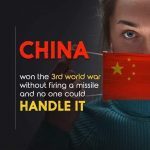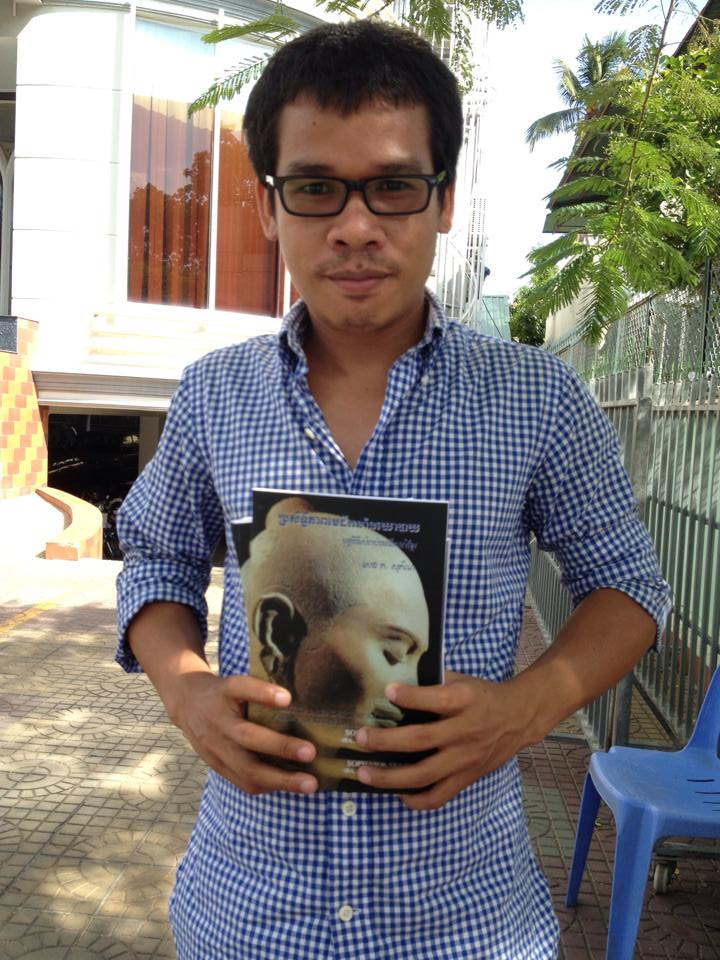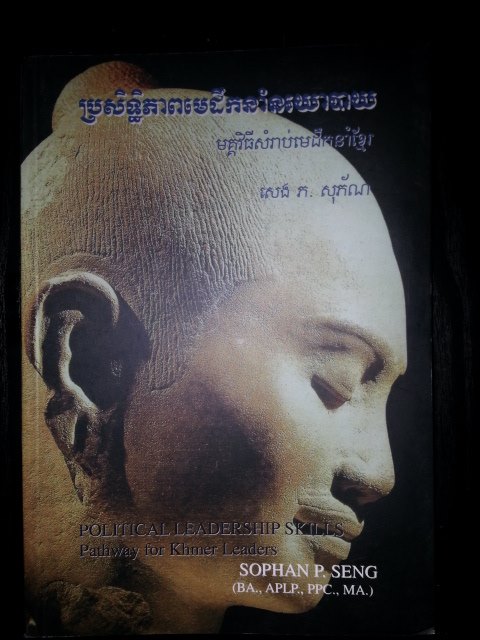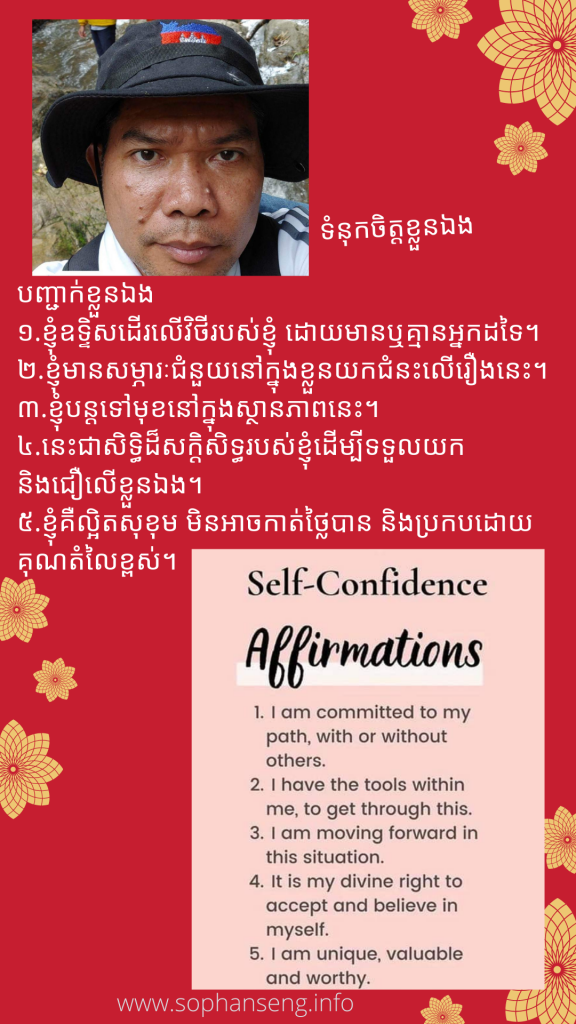In just few minutes, Kanithashow’s latest clip “Episode 351: Future of Southeast Asia” has drawn likes, shares and comments a lot in both facebook page and youtube. Her sophisticated and cutting-edge analysis is seen convincing many fans illustrating many Cambodians are highly embedded by long-sighted vision and on-hand experiences.
Looking back last 38 years, Cambodia was fallen into the hand of jungle-leadership of Pol Pot under the close-patronage of communist China. This aura of cold war politics, only those countries with fragile nation-state and corruption politics fell into the hand of communism while democratic nations ignored the consequences by concentrating on improving and cleaning their own lands.
Kanitha foresees that the new world order under the logo of UNs is going to face a turning-point after its creation this over 70 years as communist Russia has invaded Ukraine, and China can exploit its liberal economic benefits earning to re-organize the world order. As evidence, United States and her allies have shouldered to support Ukraine this time because of democracy system in this country as well as Ukraine’s leader and his people have not succumbed to the Russia-bullied invasion war.
But look at China’s hegemony and expansionism in Southeast Asia nowadays through its belt and road initiatives, those two countries with Communist system and junta-dictatorship ie. Burma and Vietnam shall become the first target of invasion or strong-grip hegemony attempt by China. With busy hand in Ukraine and dictatorship-styled leadership of some countries in Southeast Asia such as Burma, Vietnam, Lao and Cambodia, external intervention by democratic bloc shall be least concerned or totally disregarded.
History shall repeat itself during the taking over of power by Pol Pot backed by Communist China, devastation of Cambodia was unfathomable. The pains and stigma shall not be plainly caused by any one else rather than Cambodian intellectuals, elites and corrupt-mindset leadership.
Nowadays, the ongoing undemocratic policy, centralized power success by the few elites, and the fragile national institution, Cambodia is going to face the same fate and those beneficial inheritance of the Paris Peace Agreement on 23 October 1991, are going to be hurt the most.






